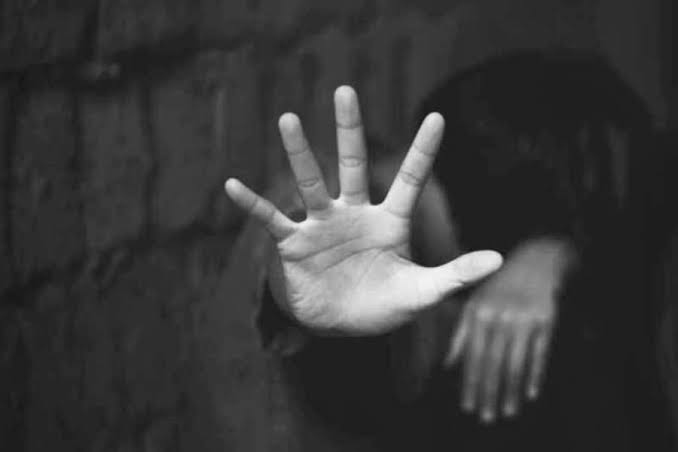Lifestyle
Bullying: How To Know If Your Child Is Being Bullied

Bullying is an ongoing and deliberate misuse of power in relationships through repeated verbal, physical and/or social behaviour that intends to cause physical, social and/or psychological harm.
A bully refers to one who is habitually cruel, insulting, or threatening to others who are weaker, smaller, or in some way vulnerable. tormented by the neighborhood bully.
READ ALSO: Davido’s Accuser Abu Salami Arrested for Cyber Bullying, Stalking, and Forgery
Bullying can have profound effects on a child’s mental and emotional health, making it crucial for parents to be vigilant and proactive.
Here are some signs to know if your child is being bullied;
Unexplained physical injuries
One of the first signs that your child may be experiencing bullying is unexplained physical injuries. Keep an eye out for bruises, cuts, or other injuries that your child is unable or unwilling to explain.
If you notice a pattern of injuries or a sudden change in your child’s physical well-being, it’s essential to investigate further and have an open conversation about what might be happening.
Emotional changes
Bullying often leaves emotional scars that may manifest in behavioral changes. Pay attention to shifts in your child’s mood, such as increased irritability, anxiety, or a sudden reluctance to attend school or social events.
If your child becomes withdrawn or avoids discussing their day, it could be an indication that something troubling is happening in their social environment.
Decline in academic performance
Bullying can negatively impact a child’s academic performance. If your child was once an enthusiastic learner but begins to struggle with grades or loses interest in school, it may be linked to the emotional toll of bullying.
Keep an open line of communication with teachers to stay informed about your child’s progress and any changes in behavior within the school setting.
Social Isolation
Notice if your child is experiencing difficulty making or maintaining friendships. Bullying often leads to social isolation as children may fear encountering their tormentors or lack the self-esteem to engage with their peers.
If your child constantly avoids social activities or appears to be excluded from group interactions, it is crucial to address the underlying issues and provide the necessary support.
Change in sleeping or eating habits
Bullying can disrupt a child’s daily routines, leading to changes in sleeping or eating habits. Watch for signs of insomnia, nightmares, or a sudden loss of appetite.
These physical manifestations may be indicative of the emotional stress your child is experiencing, highlighting the need for intervention and support.
If you suspect that your child is being bullied, it is essential to approach the situation with empathy and open communication.
As a parent, take the initiative to talk to your child about their experiences and feelings. In cases where the impact of bullying is severe, seeking professional help, such as therapy, is highly recommended.
Send Us A Press Statement Advertise With Us Contact Us
And For More Nigerian News Visit GWG.NG








